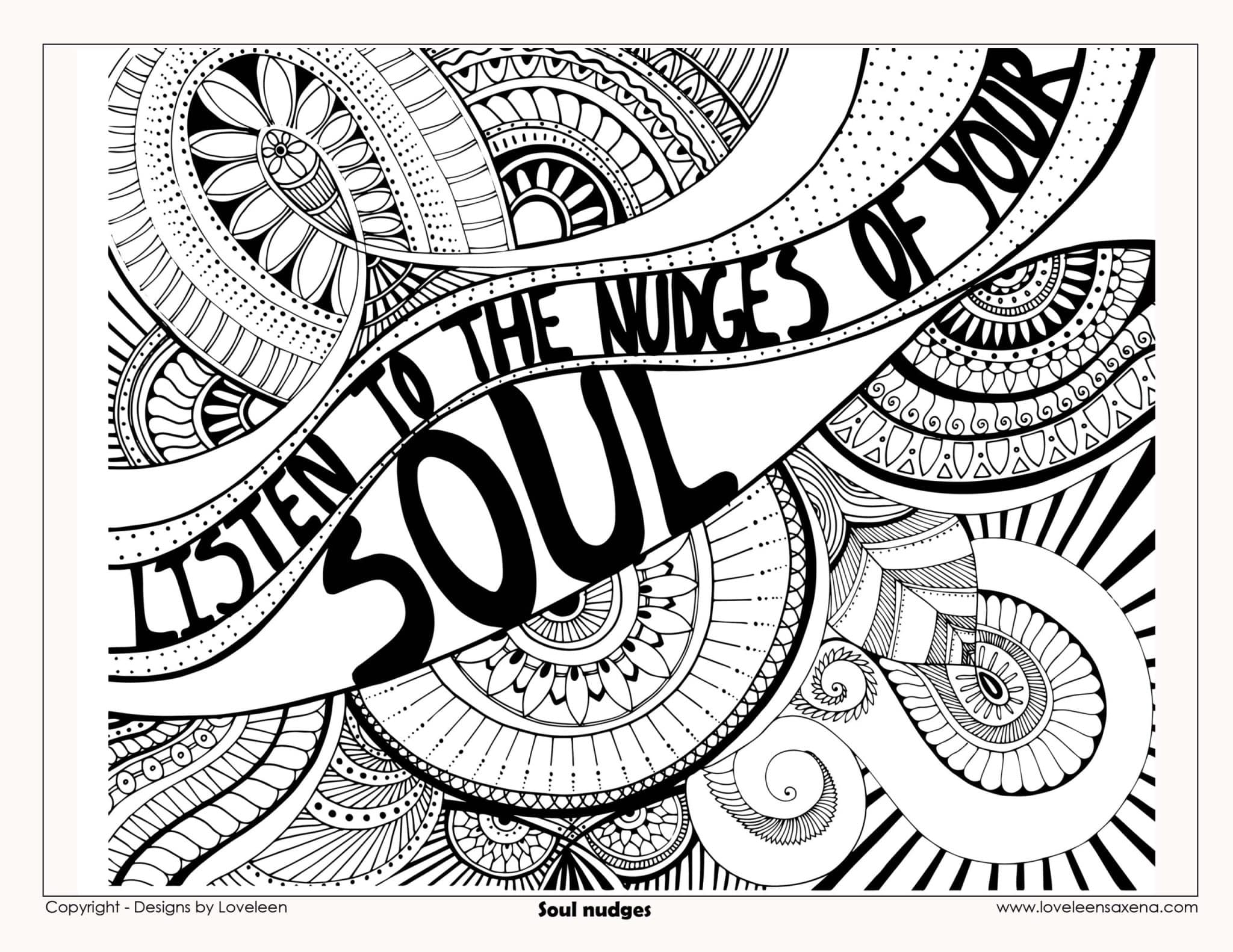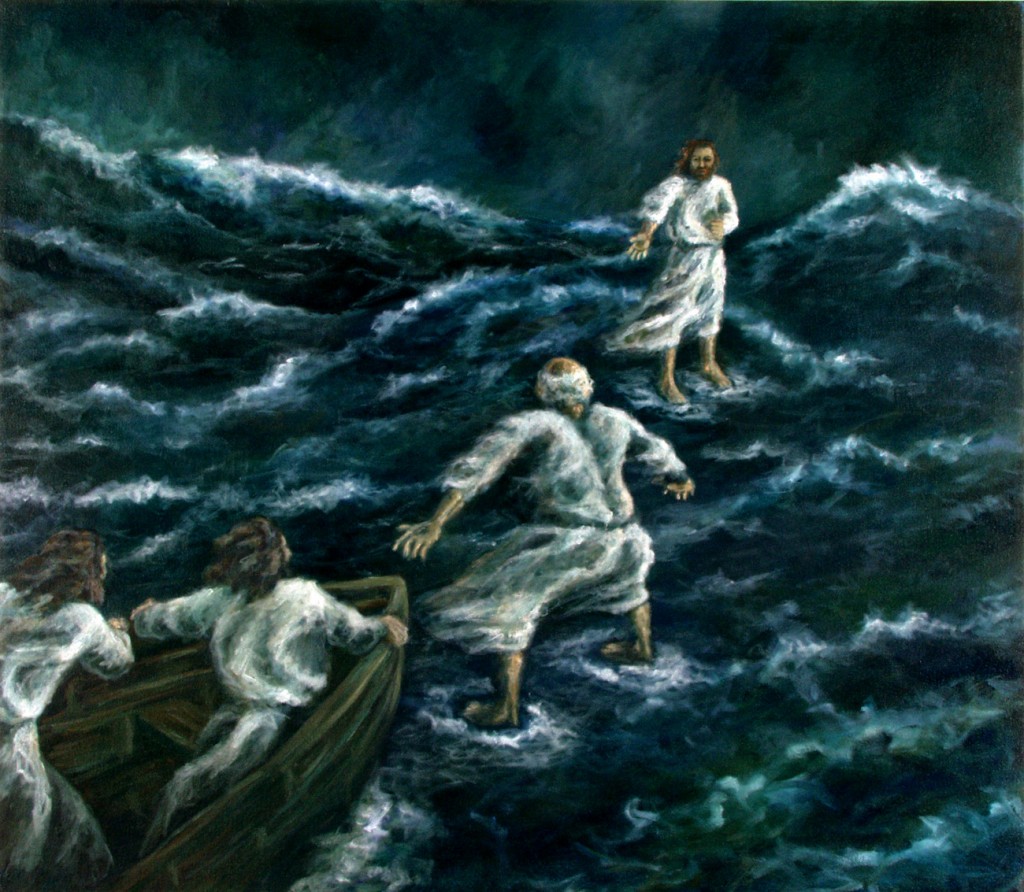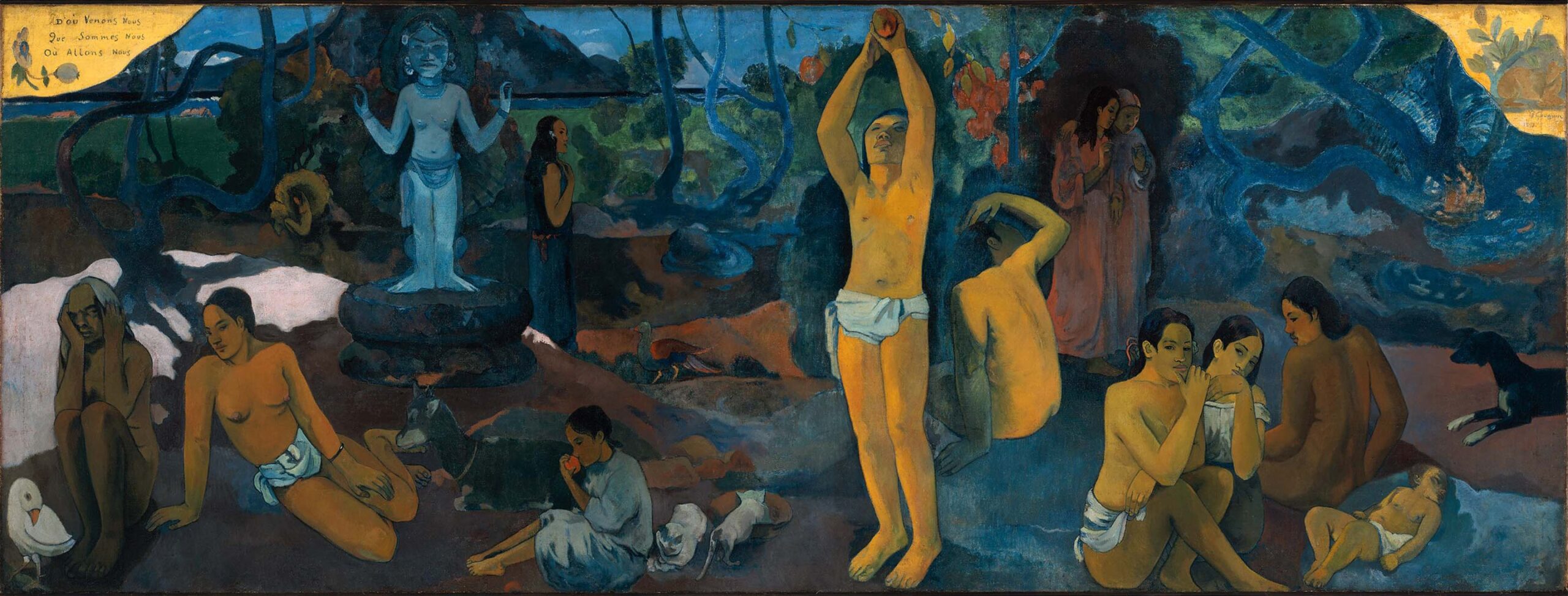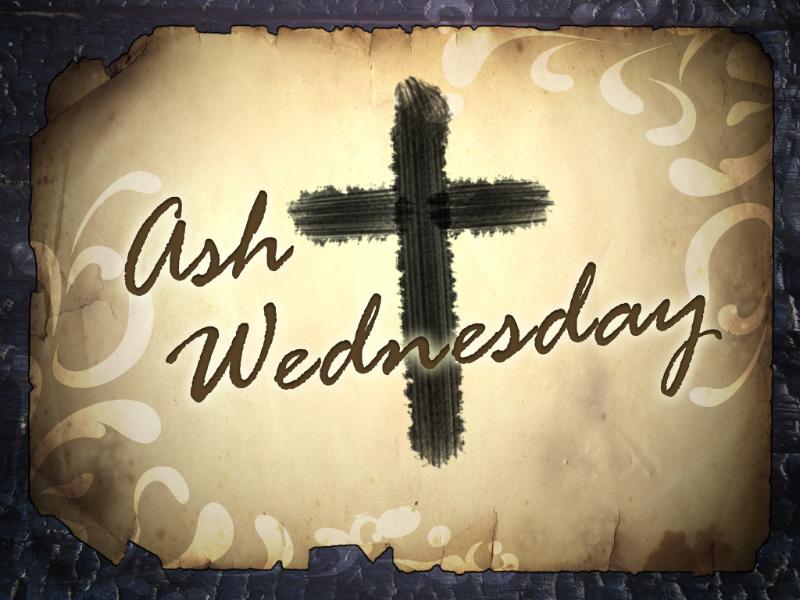March 3rd Daily Devotional
March Daily Devotionals begin with Calm and Centering Scripture: Galatians 5:1 — For freedom Christ has set us free. Stand firm, therefore, and do not submit again to a yoke of slavery. Reflection: Consider that your calm and centeredness is a form of liberation. Ponder that you receive freedom from your neutral state of mind, […]





